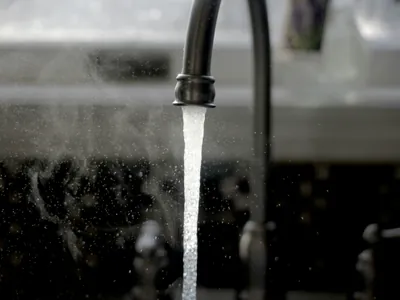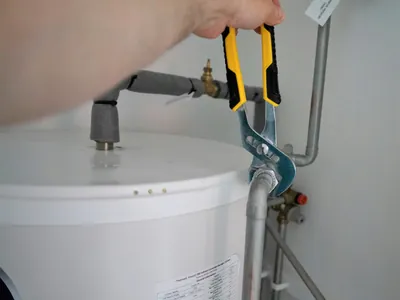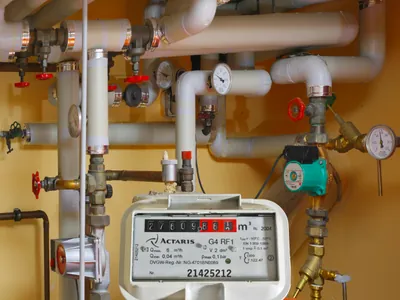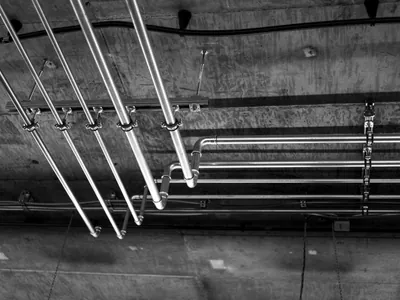Plumbing Code Compliance: What Homeowners Need to Know

Plumbing codes can seem like a complex set of rules designed for contractors and builders. However, these regulations exist for a critical reason: to protect the health and safety of you and your community. As a homeowner, having a basic understanding of plumbing codes is essential, especially when planning renovations or addressing repairs.
📜 Why Do Plumbing Codes Exist?
The primary purpose of plumbing codes is to ensure safe and sanitary plumbing systems.
🛡️ Public Health and Safety
Codes ensure that drinking water is protected from contamination and that wastewater is disposed of safely, preventing the spread of disease.
🏠 Structural Integrity
Proper plumbing prevents leaks and moisture problems that can lead to rot, mold, and structural damage to your home.
✅ Quality and Consistency
Codes establish minimum standards for materials and workmanship, ensuring that plumbing work is durable and reliable.
⚖️ Legal and Insurance
Following code is a legal requirement. Unpermitted work can lead to fines, invalidate your homeowner's insurance, and cause problems when you sell your home.
🔍 Key Areas Covered by Plumbing Codes
While codes are extensive, they focus on several critical areas of your home's plumbing.
⚠️ When to Be Concerned About Code Compliance
DIY projects are great, but some plumbing work should always involve a professional to ensure it's up to code.
Jobs That Typically Require a Pro:
- Moving or adding new plumbing fixtures (sinks, toilets, showers).
- Replacing a water heater.
- Any work involving gas lines.
- Connecting to a municipal sewer or a septic system.
- Major re-piping or drain work.
Always hire a licensed and insured plumber. Their license is your assurance that they are knowledgeable about current plumbing codes and are authorized to perform the work legally.
Navigating plumbing codes can be confusing. The Box Advantage Group is committed to performing all work to the highest standards of safety and code compliance. Whether you're renovating or repairing, trust our licensed professionals to do the job right.
Tags
Related Articles
Discover more articles that might interest you from our comprehensive collection.
Ready to Experience The Box Advantage?
Join hundreds of satisfied customers who trust us with their home and business needs.


